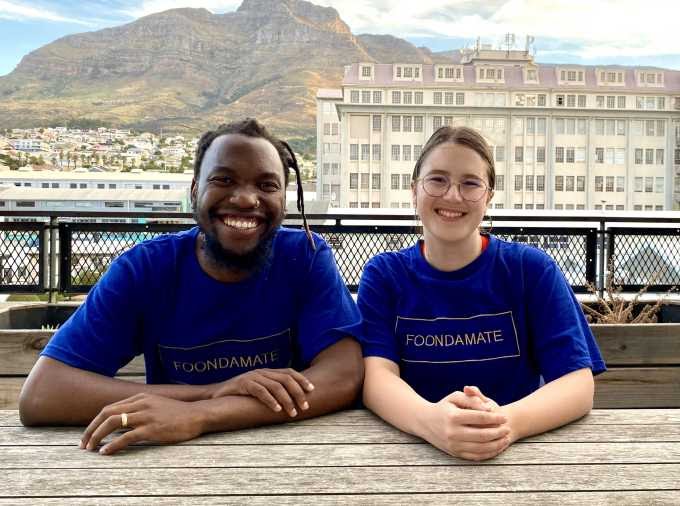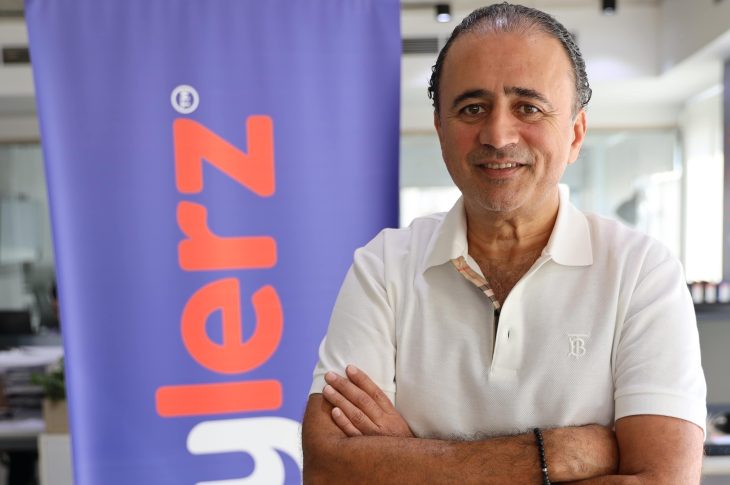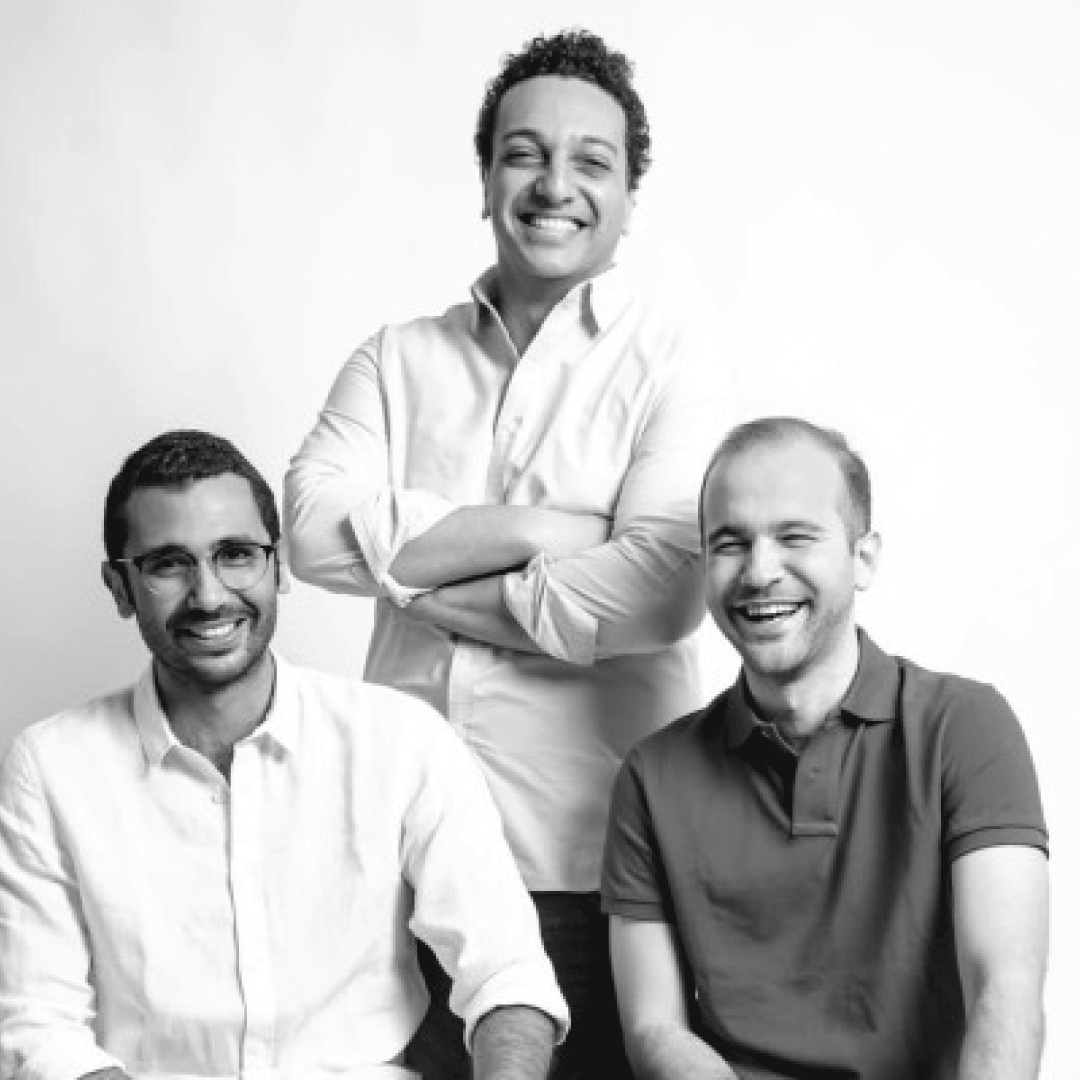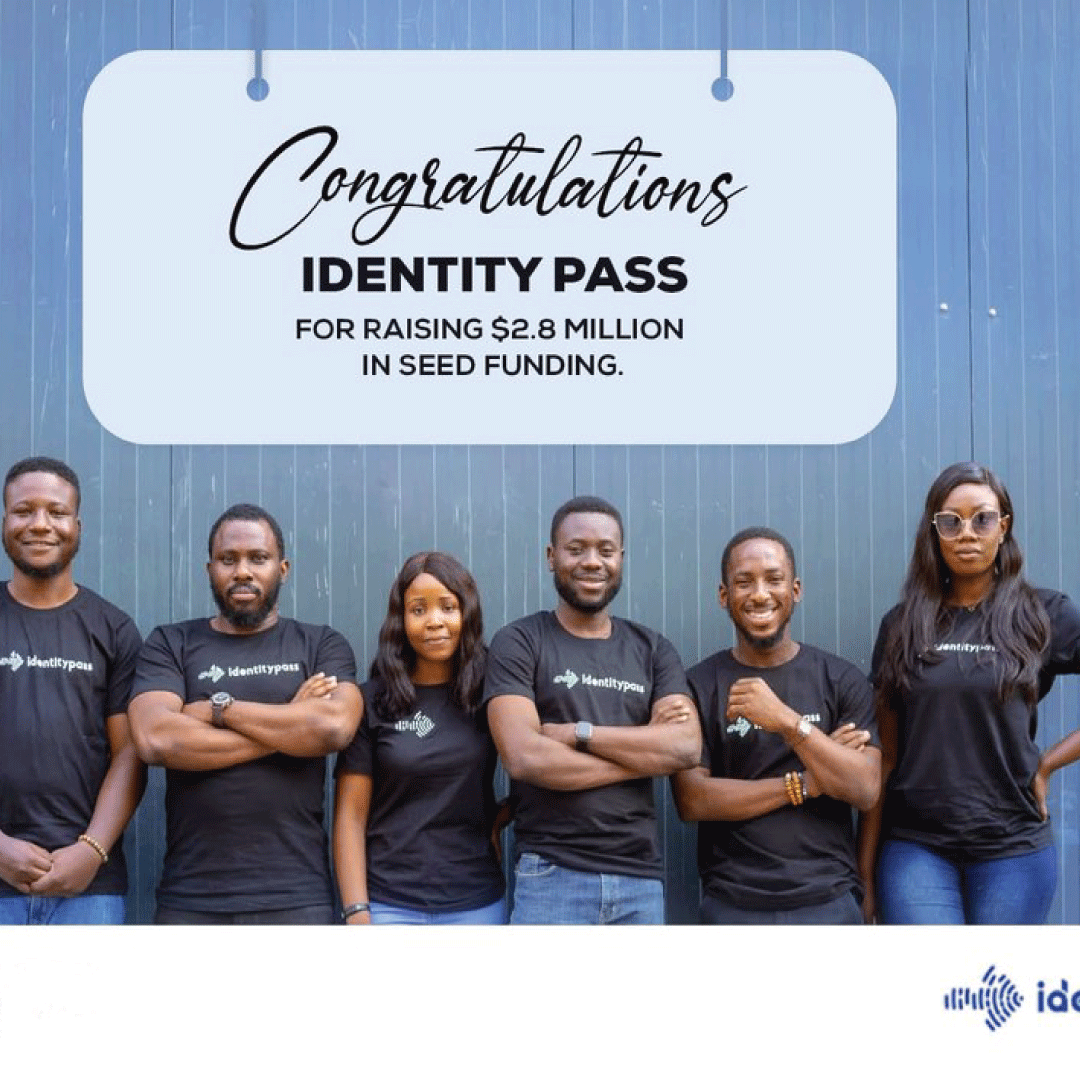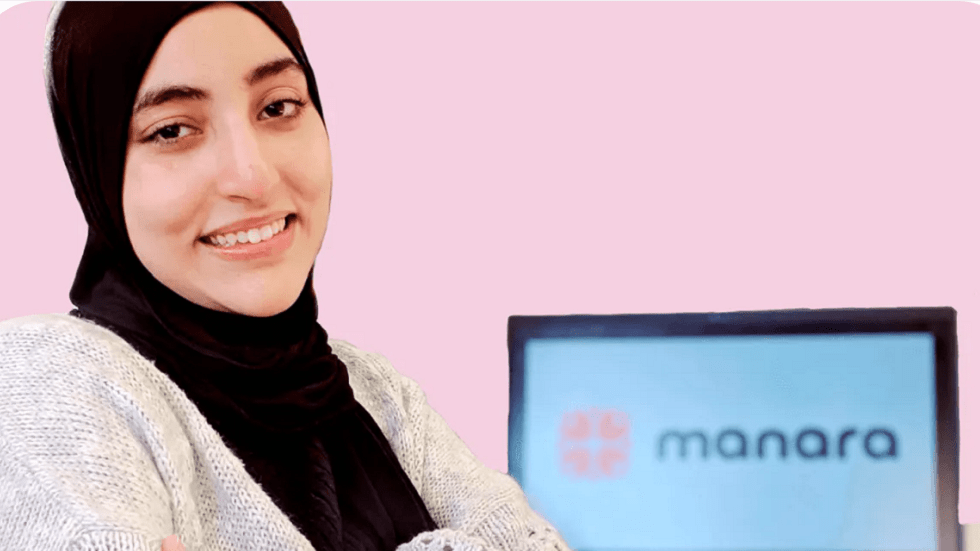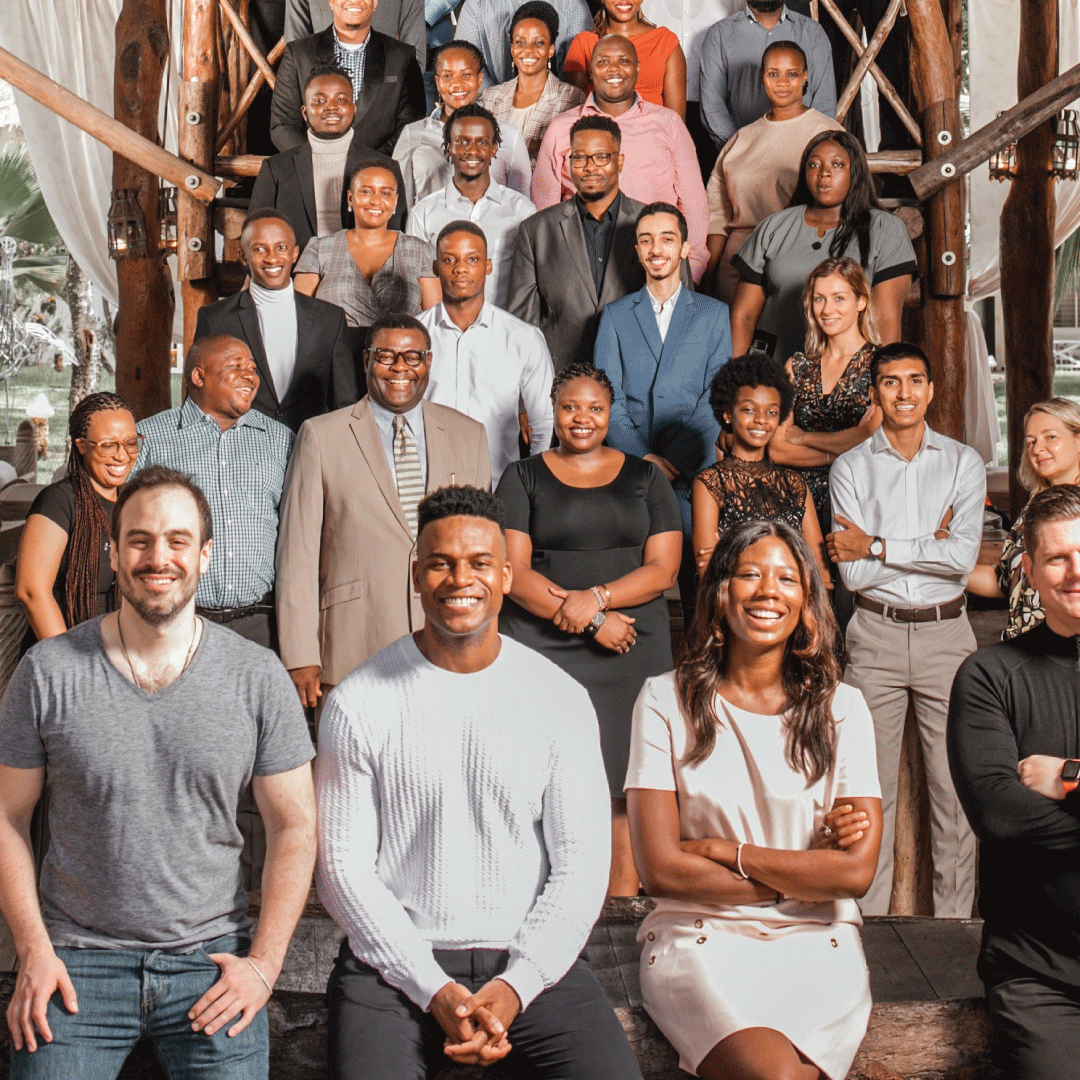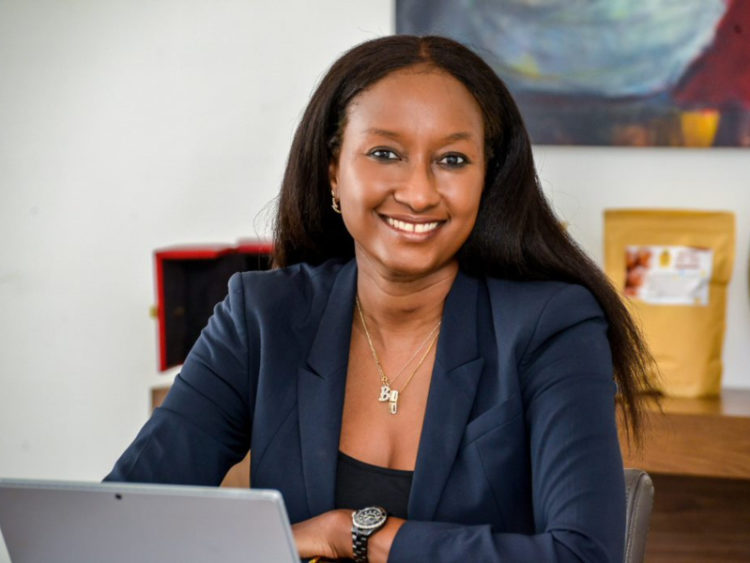Nigerian startup, Klasha, which provides multiple products for the cross-border commerce space in Africa, has received an additional $2.1 million to complete its $4.5 million seed round from a group of international investors, including Amex Ventures, the strategic investment group of American Express. This funding makes it Amex Ventures’ first investment in an African startup.
The round also included Global Ventures, the MENA-focused VC that has backed the likes of Tabby, Helium Health, and Paymob, joining investors from the first seed such as Greycroft, Seedcamp, Plug and Play, Berrywood Capital and Breega doubled down.
Getting To Know Klasha
Founded in 2019 by CEO Jessica Anuna, the startup solves payment issues faced by African merchants and consumers when paying for products online via different payment methods. Klasha is tapping into a vast e-commerce market in Africa’s cross-border space worth over $25 billion.

Klasha offers several business and consumer-facing products that are all linked through a single API. KlashaCheckout enables merchants outside of Africa to accept payments from six African nations — Nigeria, Zambia, Tanzania, Uganda, South Africa, and Kenya — and collect payments in G20 currencies such as dollars, pounds, and euros.
Read Also : Root Partners With Momentum Health And Andela To Offer Healthcare Options To Andela’s Talent Network
Small businesses in these six nations can use KlashaWire to pay their suppliers in their currencies. These suppliers, according to the company, are paid in their dominant currency in three days. Merchants who don’t have physical stores to receive payments can share links with customers via email or social media using Payment Links.
Anuna claims that the company’s merchant acquisitions are up 20% month-on-month, and transaction volume is up 17.5%. They have completed over 210,000 transactions from over 1,700 merchants, which is 10x the number processed last October. Klasha earns money from sales commissions and subscriptions merchants pay to use the analytics platform.
Taking Klasha Beyond Borders
Last year, users in Nigeria, Ghana, and Kenya could create virtual cards, fund them with their local currencies, and send and receive money using Klasha’s consumer product. Anuna stated in an interview that the company would revamp its app to make it easier for retailers like ASOS, Zara, and H&M to accept payments from African consumers.
According to Anuna, “The core mission of Klasha is to streamline cross-border commerce from Africa to the rest of the world. And in turn, give the rest of the world access to African consumers on the ground who want and need these goods globally.”
“The biggest product development is this app allowing these consumers to shop from selected stores like Boohoo.com, pay using their Klasha wallet, which you can fund by multiple different African currencies and get delivered to their door,” he added.
Read Also : Kenya Edtech Company Snapplify Launches Marketplace Platform For Teachers
The app, named KlashaCart – which is only available in Nigeria – would allow consumers to shop from a variety of retailers using naira and have their purchases delivered within 7-14 days via Klasha’s logistics arm. According to Anuna, the platform will go live in Kenya in the coming months. Meanwhile, its customer base has increased to almost 45,000, a 4x growth from last October.
Despite Klasha’s tremendous growth, Sacha Haider, a partner at Global Ventures, believes the company has more room to grow. According to her, the “significant opportunity” to create a better experience for the more than 500 million digital shoppers expected on the continent by 2025, in an e-commerce market that accounts for up to 5% of Africa’s retail space, is highlighted by the business.


